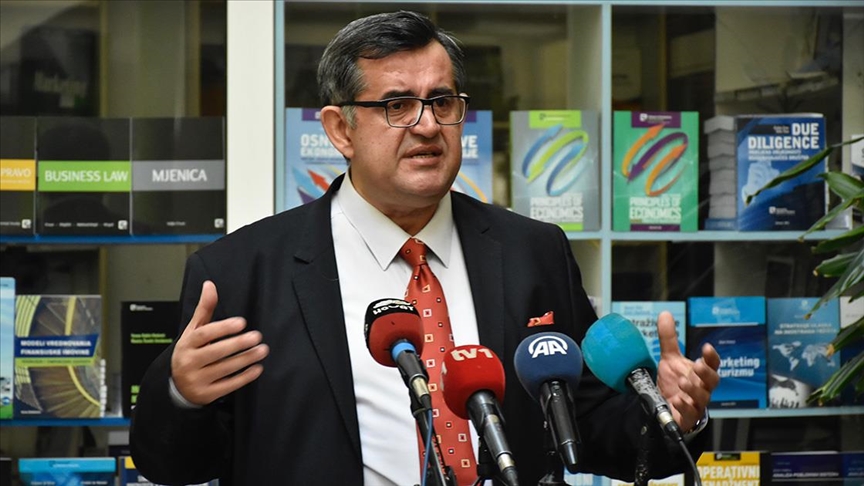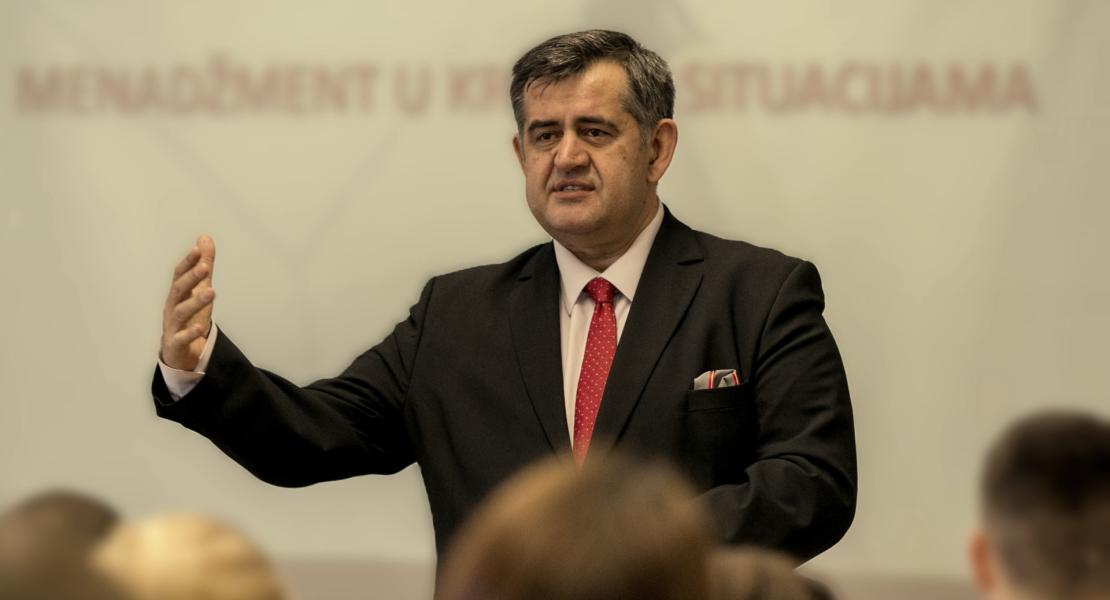Bosnia and Herzegovina as a common state of all its citizens.
When we talk about Bosnia and Herzegovina, we must emphasize that it is equally the homeland of
all citizens regardless of ethnicity who live in it. No ethnicity can and should not have an exclusive right to this country, nor can anyone claim it as theirs exclusively. At the same time, no one has the right to question its existence, territorial integrity and internationally recognized sovereignty.
That is why it is crucial to understand that political statements placed in public space should not be a source of panic and insecurity. Professor Kržalić rightly points out that the state's institutions are functioning and that they are capable of responding to challenges.
The statements and political decisions of individuals will not and cannot change the constitutional order of BiH, because it does not depend on individual statements or unilateral decisions, but on clearly defined legal and international frameworks.
Political rhetoric
Political discourse in BiH is often colored by strong emotions, historical narratives and sometimes inflammatory rhetoric. However, the reality is different. The reality is that people in this country want to live in peace, they want stability and security for their families, they want economic prospects and a life without constant political turmoil.
That is why it is important to send a message of peace and stability. We need to build narratives that connect people, instead of dividing them. History teaches us that any escalation of conflict only brings misfortune and losses. On the other hand, dialogue and understanding are tools that bring long-term results.
The rule of law as a guarantee of stability
Bosnia and Herzegovina is a state that has its own institutions and mechanisms for protecting the law. The judicial system and security agencies have an obligation to act impartially, in the interests of all citizens, regardless of political pressures. If someone tries to violate the constitutional order, there are clear legal mechanisms that will ensure that the law is respected.
What is expected from citizens is trust in the system, but also a critical awareness that can put pressure on institutions to do their job professionally and impartially. Only a strong legal system can ensure long-term stability.
The international community and the role of BiH on the global stage
BiH is not isolated. It is part of the international community and enjoys the support of key international actors, including the European Union, the United States and NATO. Their role is not to impose solutions, but to ensure that BiH remains on the path of stability and development.
The international community will not allow the destabilization of the past to be repeated. They have clearly shown this through various diplomatic messages and concrete measures against those who try to undermine peace and stability. Sanctions, international pressure and legal measures are tools to ensure that BiH remains stable and secure.
A call for responsibility and rational action
In times like these, we all have a responsibility:
- Politicians are expected to act wisely and not to deepen divisions with their decisions, but to seek common solutions.
- The media is expected to report responsibly, without sensationalism that can further upset the public.
- And citizens are expected to be calm and understand that the political situation is temporary, while peace and stability are permanent values that we must preserve.
As Vice President of the World Bosnian/Bosniak Congress, I would like to tell citizens to believe in their country, its people, and its institutions, and the strength of society to overcome all challenges.
BiH has already shown resilience to many crises, and will show it again.
Peace has no alternative. Dialogue and understanding are the only way forward. Only in this way will we ensure a future in which all citizens, regardless of their national or religious affiliation, will feel secure and belong to their homeland – Bosnia and Herzegovina.
Vice President of the World Bosnian-Bosniak Congress
Academician Prof. Dr. Nedžad Korajlić



